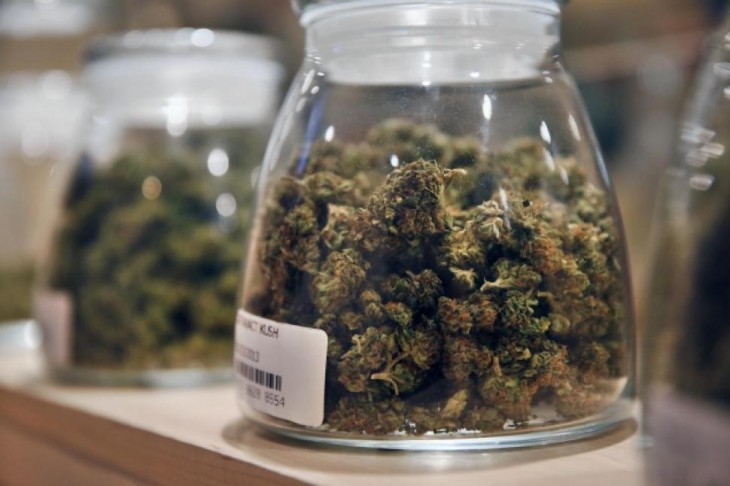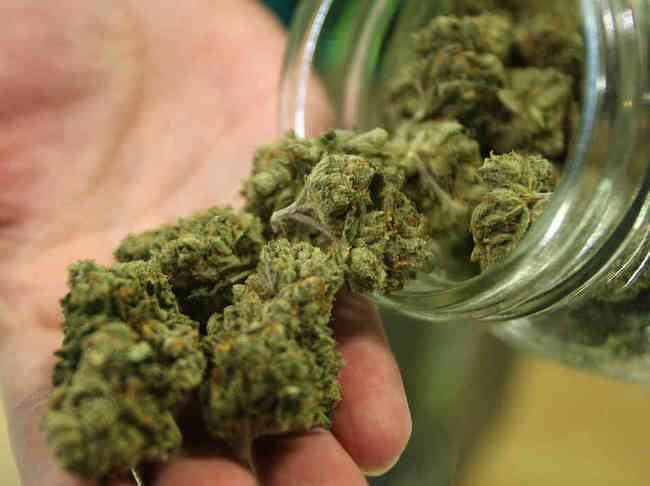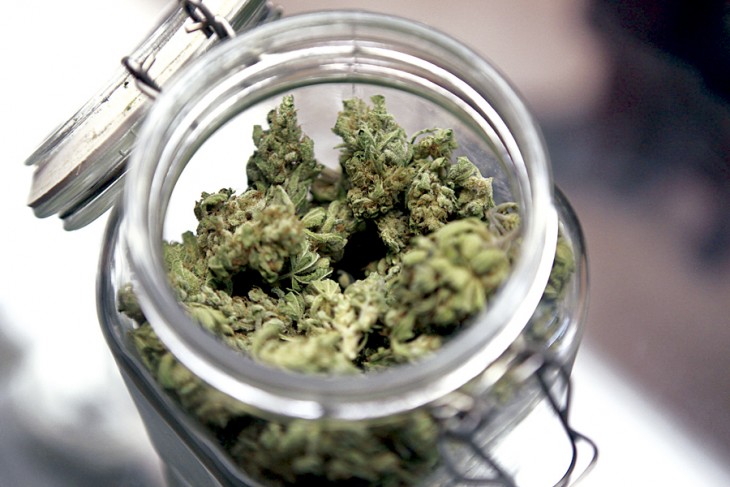The Georgia Senate passed a bill just about two weeks ago, which was targeted towards expanding the state’s medical marijuana laws. However, the bill also hopes to lessen the amount of the allowed THC in medical cannabis oil (CBD). They want to decrease it from 5 percent (the current limit) to 3 percent. This would make Georgia laws on par with laws of other states, said the lawmakers.
The state lawmakers claim that a higher percentage of THC content will eventually lead to an increase in public health risk. On the contrary, many medical cannabis lawyers have a different point of view. They argue that some medical cases respond better with a higher dose of THC and so restricting the percentage would be depriving the patient of the necessary treatment.
Allen Peake explained to his house colleagues citing, “It has not become a public health risk. It has not become a public safety issue. The law in place has worked as intended.”
Representative Allen Peake, was the vital force to bring medical marijuana laws and policies on books. He introduced a bill, which was passed this week in the house.
Unlike the Senate Bill 16, the House Bill 65 would leave the present limitations on the THC at 5 percent. Further, eight additional conditions were added to qualify a medical condition to use medical cannabis oil. The list was doubled by adding conditions like Alzheimer’s, autism, and HIV/AIDS to the list.
One condition i.e. PTSD was present in the original list, but was opted out in the new one. Some of the advocates seemed unhappy about it, but the lawmakers justified their decisions citing that the definition of PTSD was very broad. If the lawyers proposed a tighter definition for the condition, they could gladly comply with their request.
As of now, the bill has been accepted with about 156-6 vote in the Georgia House and it will soon be sent to the Senate.
Other than adding 8 more conditions to the existing list of conditions, which meet the requirements, the House Bill 65 would most likely eliminate the 1-year residency condition for the medical marijuana patients. This would open up opportunities for various needy patients to qualify. It further allows patients hailing from other states having similar marijuana laws to own low percentage THC cannabis oil (CBD) while they are entering the state. These two issues were not covered by the Senate bill.









